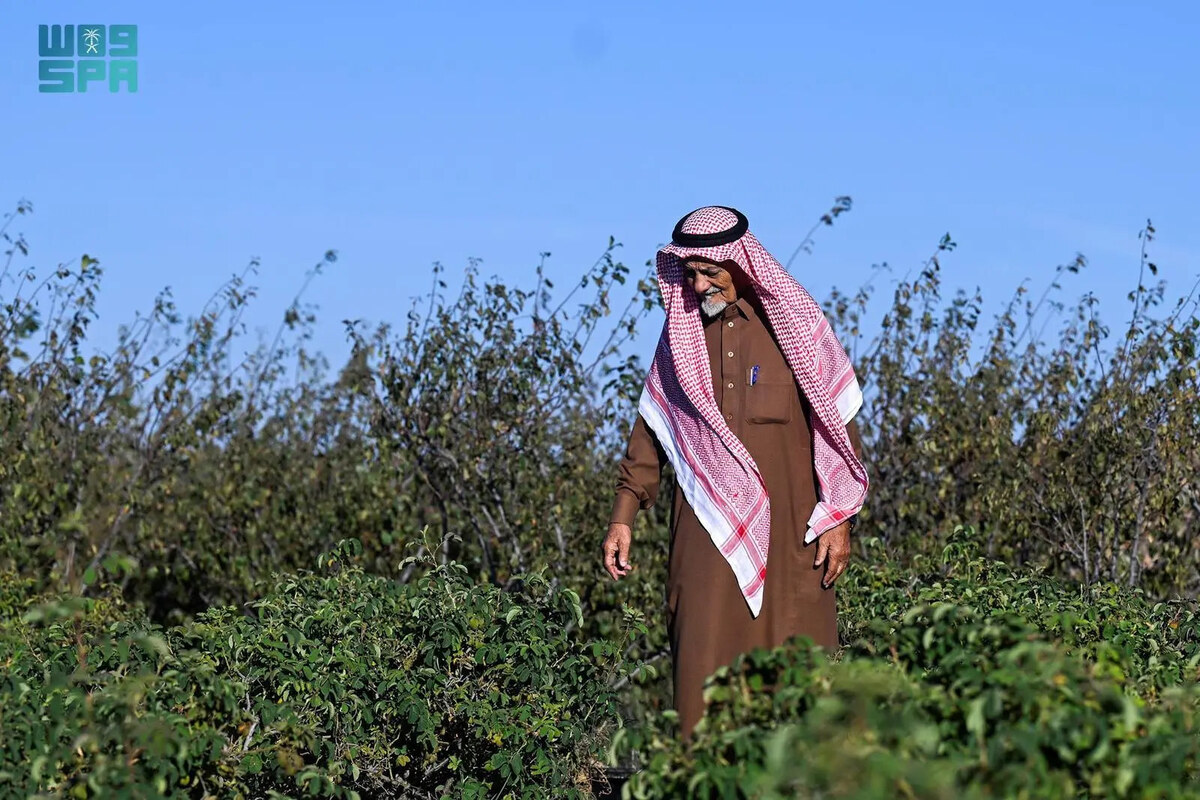MAKKAH: Saudi Minister of Hajj and Umrah Dr. Mohammed Saleh Benten inaugurated on Monday the 45th Grand Hajj Symposium titled “Public Health Rules and their Scientific Applications in Light of the Prophet’s Guidelines and Practices.”
The virtual conference was attended by a number of ministers, scholars, world-leading scientists, and health professionals in various fields from around the globe.
It included five sessions, which covered a wide range of subjects in the fields of Prophetic medicine and preventive therapeutics.
The first session, “From Hajj to the World,” was moderated by Benten. He said Saudi Arabia is honored to serve the Two Holy Mosques, Islam and Muslims.
“This year, despite the global health circumstances due to the coronavirus disease (COVID-19) pandemic, the Kingdom was keen to ensure that the fifth pillar of Islam is performed in a secure, healthy and safe manner, along with the great care of those who will be able to attend and perform Hajj,” he said.
Many of the scholars and medical practitioners who spoke at the event highlighted the precautions taken by authorities for this year’s Hajj, including limiting the number of pilgrims to a few thousand people already residing in the Kingdom, as a clear indication of the efforts being made by authorities as part of their responsibility to protect the lives and safety of pilgrims.
Shariah attaches great importance to ensure the safety of worshippers.
Sheikh Abdullatif Al-Asheikh, Islamic affairs minister
Islamic Affairs Minister Sheikh Abdullatif Al-Asheikh said the Islamic Shariah’s wisdom attaches “great importance to the safety of worshippers and seeks to protect them from any harm while praying and performing their religious duties.”
He added: “During this year’s Hajj season, everybody is experiencing a new and different reality due to the coronavirus pandemic.”
Dr. Shaker Mousa, professor of pharmacology and chairman of the Pharmaceutical Research Institute in New York took part as a speaker.
“My research has been inspired by prophetic medicine. As the world experiences a public health crisis, we have seen that preventing and fighting diseases requires a global effort in many fields, and I’m grateful to be part of such an effort that draws on the richness of tradition and modern works inspired by prophetic practices,” he said.
Sheikh Saad Al-Shathri, a member of the Council of Senior Scholars and an adviser to the royal court, spoke about the health standards adopted by the Saudi state and the necessary steps taken to ensure pilgrims’ safety and protect them from the virus. He praised the “wise decision to limit the number of pilgrims given the global crisis caused by the coronavirus pandemic.”
Sheikh Abdulrahman Al-Sudais, the head of the Presidency of the Two Holy Mosques, stressed the importance of “abiding by the preventive instructions and measures adopted by the government, which include … paying attention to medicine and mental health, warning against myths and working to implement the Prophet’s hadith.”





































